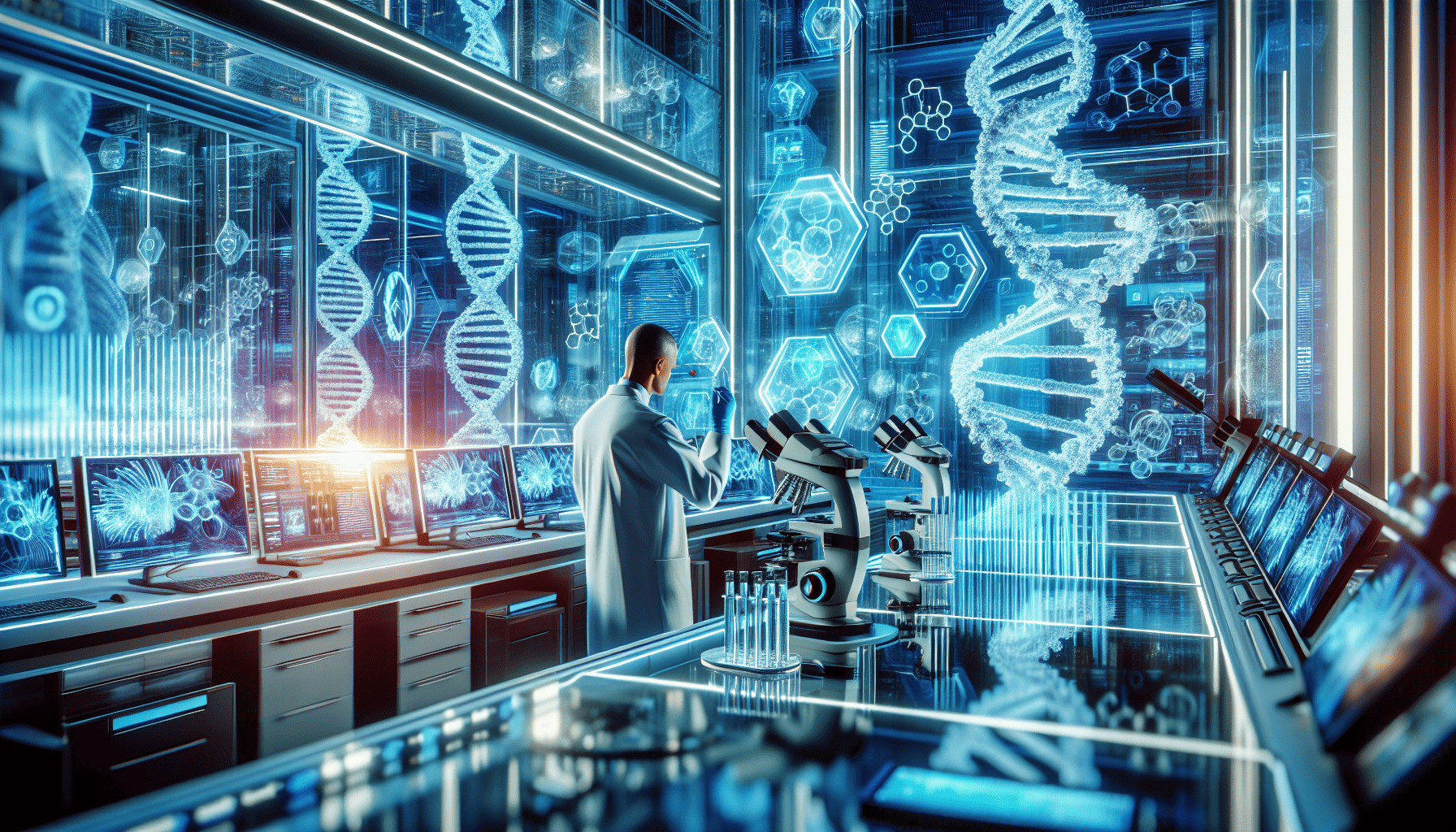In recent years, the field of biotechnology has experienced remarkable growth and evolution, fueled by groundbreaking research and technological advancements. These developments are not only redefining the capabilities within the domain but also hold the potential to revolutionize several industries, ranging from healthcare and agriculture to environmental conservation and industrial processes.
At the forefront of these advancements is genome editing technology, particularly CRISPR-Cas9, which has transformed the way scientists approach genetic modification. By providing a more precise and efficient method of editing DNA, CRISPR has opened up endless possibilities for curing genetic diseases, enhancing crop resilience, and even combating climate change. Researchers are now successfully tailoring genetic solutions to either eliminate or alter disease pathways, offering unprecedented hope for conditions once deemed incurable.
In agriculture, biotechnology is paving the way for sustainable food production. Genetically modified crops equipped with enhanced drought resistance, pest resilience, and higher nutritional profiles are becoming critical in addressing food security challenges in areas severely impacted by climate change. This not only promises to boost yields but also aims to reduce the environmental footprint of traditional farming practices, fostering a more sustainable approach to feeding the world's growing population.
Environmental biotechnology is another area witnessing significant breakthroughs. Innovative bioremediation techniques are now being developed and implemented to address pollution and waste management issues. Advanced microorganisms capable of degrading toxic substances are being harnessed to clean up contaminated environments, offering a greener and more effective alternative to conventional methods.
Moreover, biotechnology is revolutionizing industrial processes. Synthetic biology and metabolic engineering are enabling the production of biofuels and bio-based chemicals, which are poised to reduce reliance on fossil fuels and minimize emissions. This shift not only supports the global efforts towards sustainability but also presents lucrative economic opportunities as industries transition to more eco-friendly alternatives.
The healthcare sector stands to benefit enormously from these biotechnological advancements. Personalized medicine, driven by a better understanding of human genetics, is becoming a reality. Tailoring treatments to the genetic makeup of individual patients not only increases the efficacy of therapies but also reduces the risk of adverse effects. Additionally, the development of biosensors and bioinformatics is enhancing diagnostic precision, allowing for earlier and more accurate detection of diseases.
Despite the monumental potential, the rapid advancement of biotechnology poses ethical and regulatory challenges that require careful consideration. Issues surrounding genetic privacy, the modification of human embryos, and the potential ecological impacts of genetically altered organisms need to be thoroughly addressed through transparent and collaborative approaches involving scientists, policymakers, and the public.
As we continue to push the boundaries of what is possible in biotechnology, interdisciplinary collaboration will be crucial in navigating these challenges and unlocking the full potential of this transformative science. By embracing these innovations responsibly, we stand on the precipice of a new era where biotechnology can profoundly enhance the quality of life and create a more sustainable future for generations to come.
